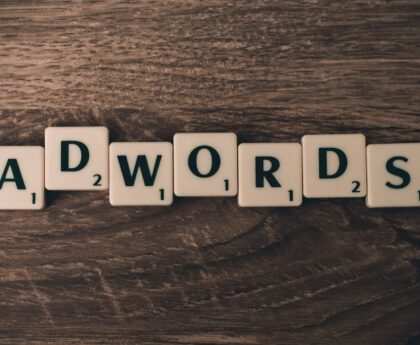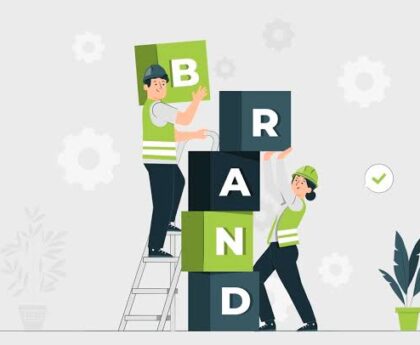
The Green Economy is the future of sustainable business. Learn practical, actionable strategies to transition your business towards sustainability while boosting profitability. This guide covers eco-friendly business models, cost-effective green initiatives, and how embracing a Green Economy can enhance your brand’s reputation and drive long-term success.
Table of Contents
- Why the Green Economy Matters for Your Business
- Steps to Transition Your Business to a Green Economy
- Audit Your Business’s Environmental Impact
- Adopt Sustainable Business Practices
- Invest in Renewable Energy
- Go Digital to Reduce Waste
- Green Marketing: Promote Your Sustainability Efforts
- Overcoming Challenges in the Green Economy Transition
- The Future of Business in a Green Economy
- Final Thoughts: Why Going Green is a Smart Move
Why the Green Economy Matters for Your Business
Sustainability is no longer a trend—it’s a necessity. As the world faces climate change and resource depletion, businesses that fail to adapt risk being left behind. Transitioning to a Green Economy means integrating eco-friendly practices that not only help the environment but also enhance profitability, attract eco-conscious consumers, and comply with evolving regulations.
Consumers today actively seek brands that align with their values. A sustainable business approach can significantly boost customer loyalty and brand reputation. Moreover, many governments offer tax benefits and incentives for green initiatives, making the switch to a Green Economy even more financially viable.
Steps to Transition Your Business to a Green Economy
Audit Your Business’s Environmental Impact
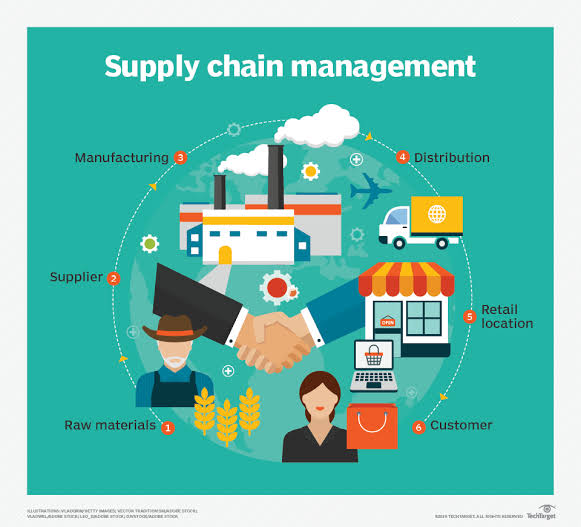
Before making changes, assess your current environmental footprint. Conduct an energy audit, evaluate supply chain sustainability, and analyze waste management practices. This audit will highlight areas where you can improve, helping you set clear sustainability goals.
Adopt Sustainable Business Practices

Switching to eco-friendly operations doesn’t have to be costly. Start with small but impactful changes:
- Replace plastic packaging with biodegradable alternatives
- Implement a recycling program in your office
- Encourage remote work to reduce carbon emissions
- Source raw materials from sustainable suppliers
By gradually integrating these steps, your business can transition smoothly into the Green Economy.
Invest in Renewable Energy
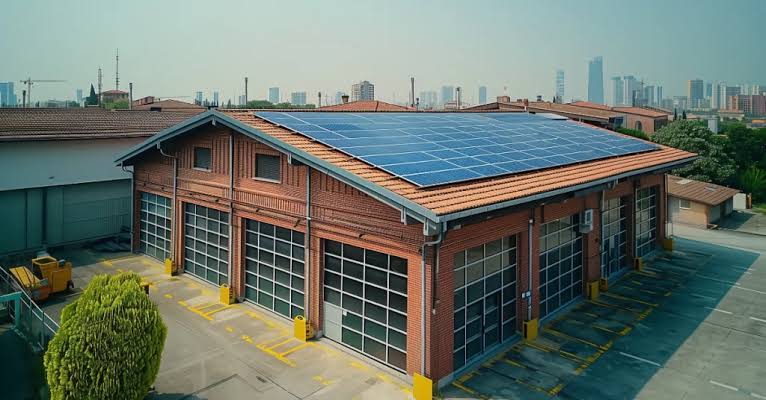
Switching to renewable energy sources like solar, wind, or hydroelectric power significantly reduces carbon emissions and lowers long-term operational costs. Many businesses also install solar panels to generate their own electricity, further cutting expenses.
Go Digital to Reduce Waste

Paper waste is a major environmental issue. By digitizing operations—such as invoicing, record-keeping, and marketing—you can significantly reduce paper consumption. Cloud storage, email communication, and e-signatures can replace traditional paper-based processes, making your business more efficient and eco-friendly.
Green Marketing: Promote Your Sustainability Efforts
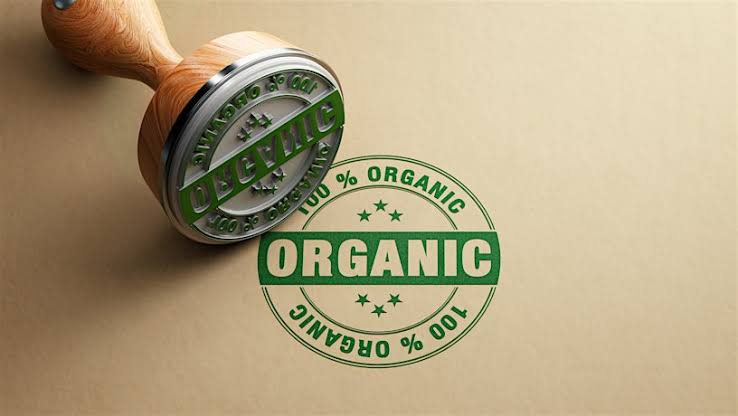
Sustainability sells. Consumers are more likely to support brands that actively contribute to environmental conservation. Use green marketing strategies to showcase your efforts:
- Highlight sustainability in your product packaging and branding
- Share your green initiatives on social media
- Get certified by eco-friendly organizations like LEED or Energy Star
A strong green marketing strategy can differentiate your brand in the competitive market while helping to build trust with customers.
Overcoming Challenges in the Green Economy Transition
Shifting to a Green Economy isn’t without its hurdles. High initial costs, resistance to change, and finding sustainable suppliers can be challenging. However, solutions exist:
- Financial Assistance: Many governments and banks offer green business grants and loans.
- Employee Training: Educate your team on sustainability practices to encourage internal adoption.
- Strategic Partnerships: Collaborate with eco-conscious suppliers to ensure sustainable sourcing.
The key is to view sustainability as an investment rather than an expense. Over time, these efforts pay off through cost savings, improved efficiency, and customer loyalty.
The Future of Business in a Green Economy
As industries worldwide move towards sustainability, businesses that adapt early will have a competitive edge. The future belongs to brands that prioritize eco-consciousness, transparency, and innovation.
Sustainable practices will soon become the standard rather than the exception. Businesses that embrace this shift now will enjoy long-term success, while those that resist may struggle to stay relevant.
Final Thoughts: Why Going Green is a Smart Move
Transitioning to a Green Economy is more than just an ethical decision—it’s a profitable one. Sustainable businesses attract loyal customers, gain regulatory advantages, and future-proof their operations. By taking the right steps today, your business can thrive in an increasingly eco-conscious world.
Ready to take your business green? Start with an environmental audit, implement sustainable practices, and leverage green marketing to showcase your efforts. The Green Economy isn’t the future—it’s the present. Don’t get left behind.
Take the first step today and transform your business into an eco-friendly powerhouse!




